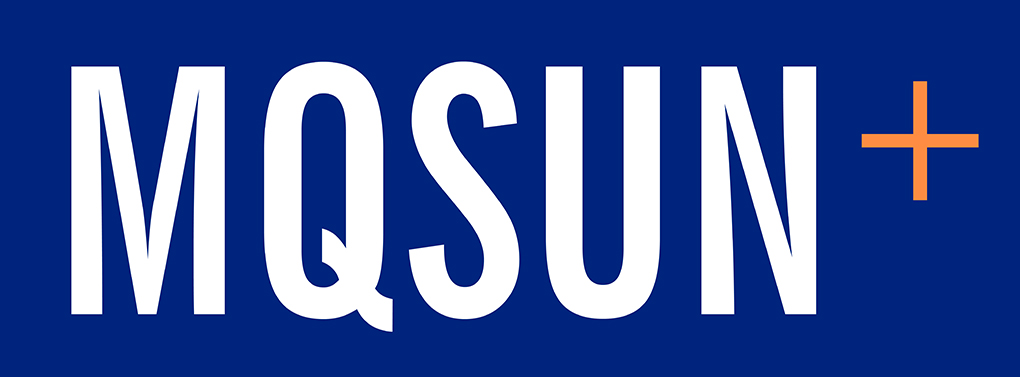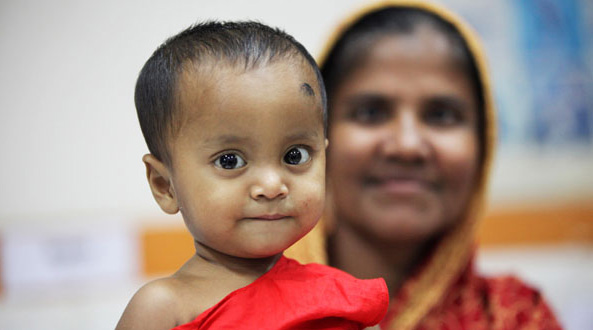This report provides the project background and design overview for an in-depth, mixed methods impact evaluation of the United Kingdom’s Department for International Development’s (DFID) Programme to Accelerate Improved Nutrition for the Extreme Poor in Bangladesh (Phase II: May 2013-2016). The aim of the programme is to improve nutritional outcomes for children, mothers and adolescent girls. The programme is trialing the introduction of a range of nutrition-specific (direct) interventions as part of three existing nutrition-sensitive (indirect) livelihood support programmes that target extremely poor communities.
The key evaluation objectives are:
- Quantitative impact: to assess the impact of the combination of direct (specific) and indirect (livelihoods) nutrition interventions in three different DFID programmes on nutritional status of children under two, and to compare this with the impact of the existing livelihoods interventions.
- Exploratory/explanatory: to explain any quantifiable impact, drawing on wider qualitative and quantitative evidence describing programme-specific and wider societal/contextual processes with the potential to impact on programme outcomes.
- Cost effectiveness: to assess the cost effectiveness (value for money analysis) of integrating direct and indirect interventions in the three livelihood programmes and to specify the best model for doing so.
This report describes the research questions, metrics, methods and data sources pertaining to each of these three key objectives. The impact evaluation was led by the Institute of Development Studies (IDS) under Maximising the Quality of Scaling Up Nutrition (MQSUN), working with partners based at BRAC Institute of Governance and Development (BIGD), the International Food Policy Research Institute (IFPRI), ITAD and the Center for Natural Resource Studies (CNRS).


